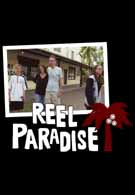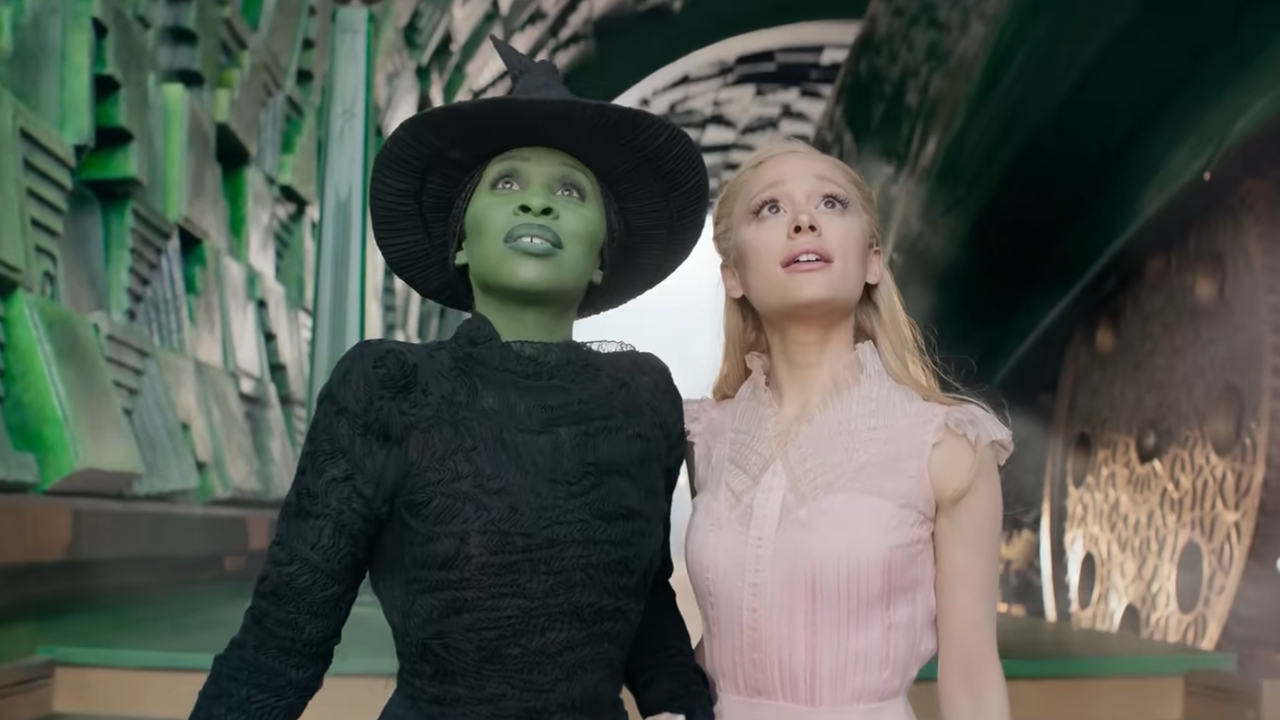John Pierson is known by many film aficionados as an independent film guru. Host and creator of IFC’s show “Split Screen”, he aided in jumpstarting the careers of talented first-time filmmakers, including Spike Lee and Michael Moore. Taking his love of film a step further, he came up with a revolutionary idea—to uproot his family and move to Fiji for one year, to spread love of cinema to impoverished civilians.
In brochures, Fiji resembles nothing short of paradise, a place to bake in the sun and soothe your feet in the sand. While it does contain elements of tropical bliss, many of its people can barely afford to eat a pineapple. John takes his family to Taveuni Island and purchases Fiji’s 180 Meridian Cinema, where he shows a variety of movies to the community for free. Accompanied by wife Janet, and his children Georgia (16) and Wyatt (13), they leave the fast-paced world of New York City for a subdued life in the South Pacific. He brings on Steve James (Hoop Dreams) to direct the documentary, and Kevin Smith produces it with View Askew Productions. Everyone has joined together for this labor of love. Now all you have to do is go see it.
Reel Paradise details the journey of their last month on the island. John spends most of his time screening movies, including Bringing Down The House and Jackass, to kids who laugh like they’re about to burst a few capillaries. Janet mingles with the natives and enjoys staying home and relaxing, when her daughter Georgia isn’t giving her aneurisms sparked by constant teenage rebellions. The children attend a local Catholic school, where they are the only white kids in the bunch, and both seem to adjust fairly effortlessly. Their family engages in petty bickering and displays the same dynamics found in most American households. You may not like the Piersons at times, but that’s because they’ll remind you of your own dysfunctional family. Except with more money.
Shot like a reality television show without the vulgar antics associated with most of them, Reel Paradise is actually more about the family’s experiences in an unfamiliar place than it is about movies. It exhibits the benefits that people experience when adapting to a new environment, along with their negative reactions to change. While living in a nice home during their stay, they discover they have been robbed while screening a free movie. Their laptops and cameras that are like secondary appendages have been ripped from their lives. Understandably, they are disheartened, but what baffles me is their unyielding degree of outrage. They're a rich family living in a place of poverty; on some level, what did they expect? Their landlord, Andrew, provides unintentional comic relief during these segments by wearing his incompetence like a badge of honor. Thankfully, there is always a trace of comedy to kick in just when you think things may veer towards the overly dramatic.
Reel Paradise reminds us of a time before technological developments, when kids used to play outdoors instead of running home to vegetate in front of the television. There were many moments where Taveuni Island seemed like an idyllic place, sheltered from the negatives of an advanced society. Of course then the whole living in poverty factor throws a damper on that. Lost in paradise or paradise lost? You decide.
Your Daily Blend of Entertainment News

